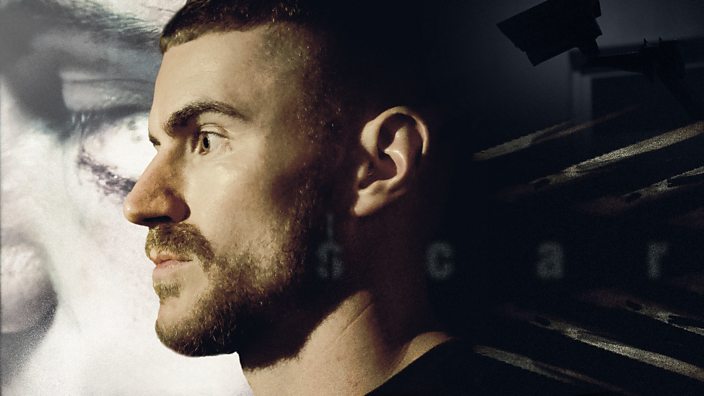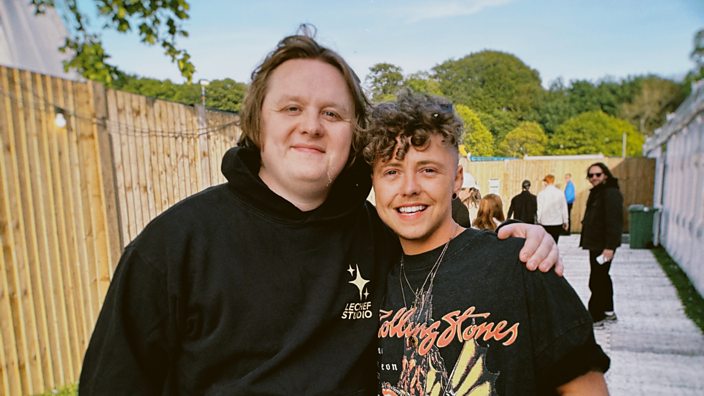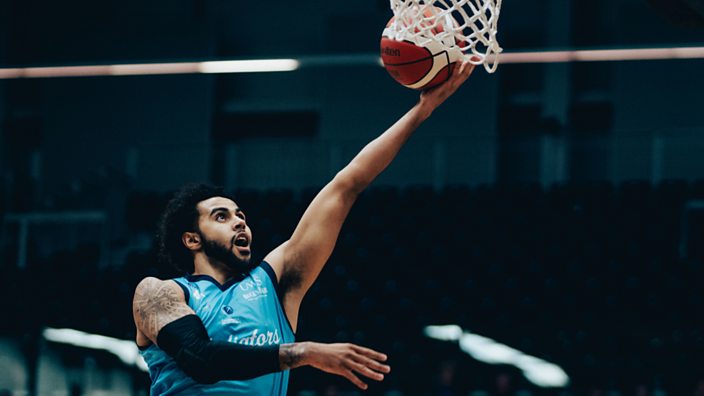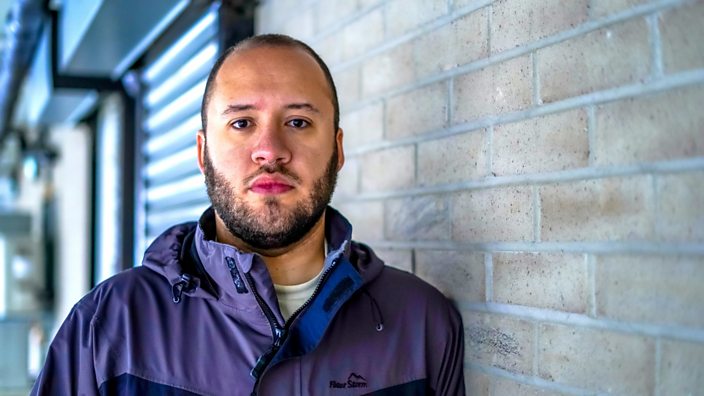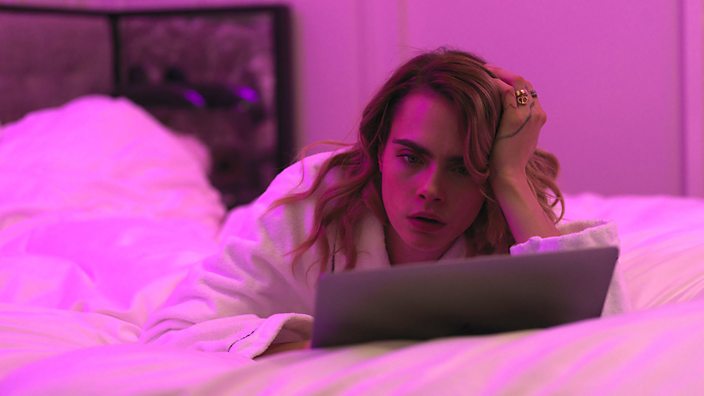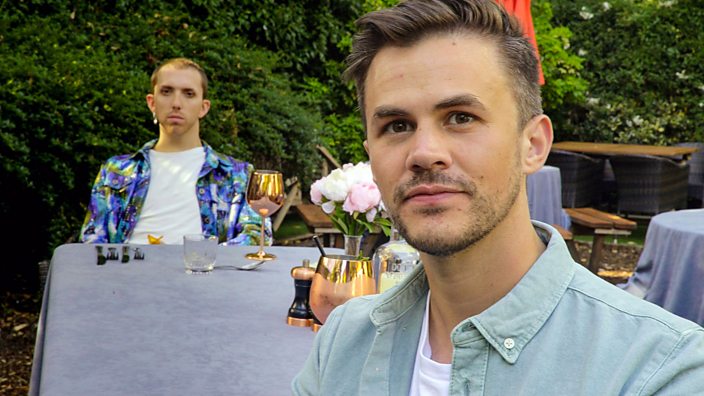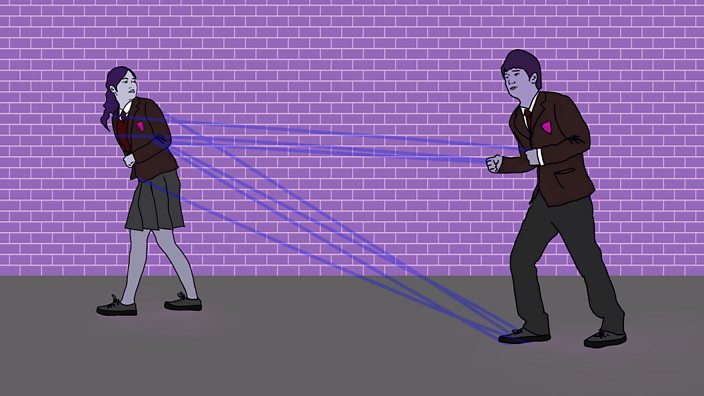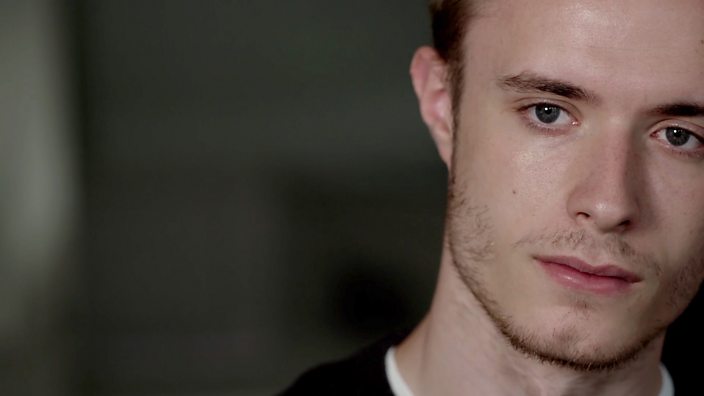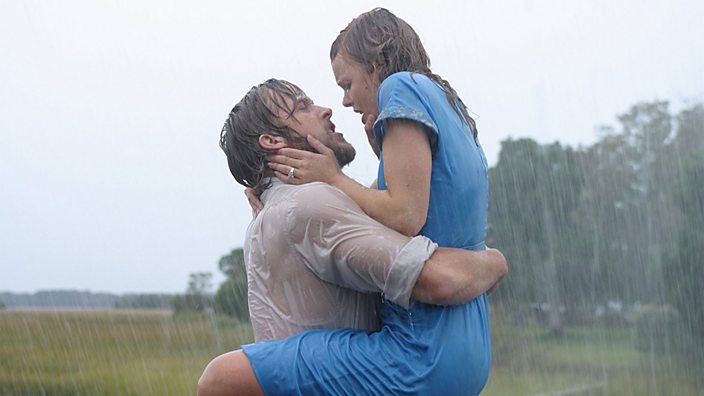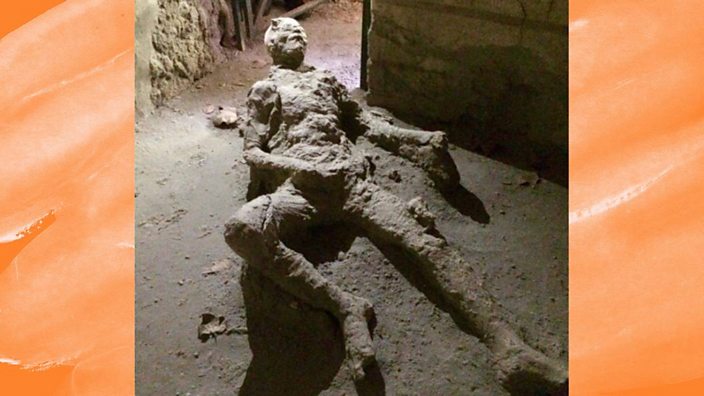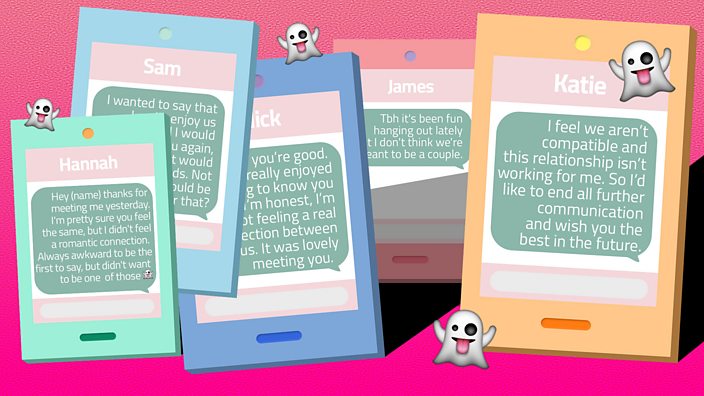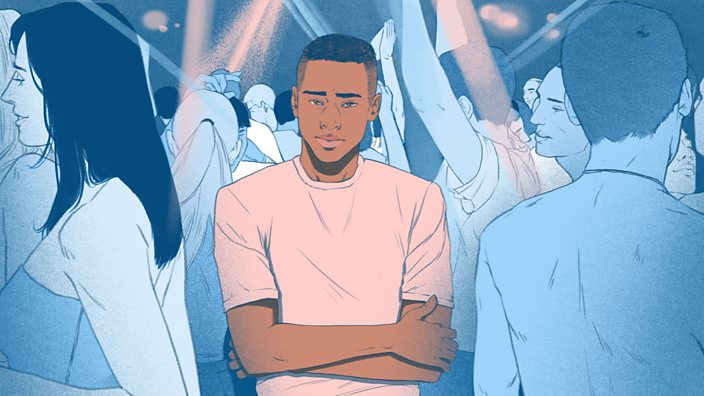 Sarah Maxwell
Sarah Maxwell'Growing up, it felt like I was too gay to be black and too black to be gay'
What it's like coming out as a black man when people see it as a 'white thing'
“You’re disgusting.”
I still remember my mum saying that to me. I’d been in my bedroom, talking on the phone to men I’d met online, and some of those chats were pretty sexual. But I was 23 and still living at home, and I had no idea my mum had been listening through the door. I remember feeling so scared in that moment. I realised that I would have to finally tell her the truth - I was gay.
Despite knowing I was gay from the age of 14, it took me almost 10 years to come out. Keeping that part of me secret for so long made me feel so alone. I felt like I was different from everyone else.
My first crush was on someone in my year at the all-boys Catholic school I went to. I first noticed him in the corridor between lessons, where he was mucking about with a group of friends, making them laugh. I liked him straight away. He was tall, mixed-heritage, athletic, and the class joker. He was always happy to talk to me, but never in a romantic way. I don’t think he ever knew how I felt about him. I never told him, of course. I could barely admit it to myself.
My family are originally from Sierra Leone, and I was born and raised in East London. I'm 28 now, and growing up, I didn’t know anyone who was gay, nor were there any black gay role models on TV or in the media. It was like we didn’t exist.
For some West African parents, someone coming out means that they've chosen to imitate white westerners, giving up on what they see as traditional African values. This may partly explain why, according to the ONS, only 0.9% of the UK’s black population describe themselves as openly gay, compared to 2% of the total UK population.
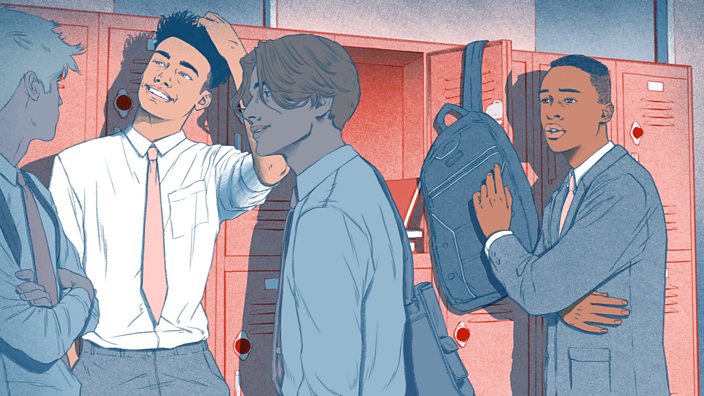 Sarah Maxwell
Sarah MaxwellSo until I was in my early twenties, I buried my feelings and tried my best to pretend to be straight. I went through a period as a teen of praying every night, begging God to make me straight so I would fit in. When my friends used to say things like “that’s so gay” - meaning something was uncool - I’d join in so I wouldn't stand out.
But by the time I turned 21, I couldn’t suppress my sexuality anymore. I knew pretty much nothing about the gay community, and was eager to learn. So I created a Twitter profile using a fake name and used it to chat to guys online.
It felt like I was living a double life. It was upsetting, but also exhilarating. I started messaging a man and, before long, we were seeing each other. I had my first sexual experience with him and I felt so free when we were together. I would sneak out to meet him on the weekend, and for a brief while I felt totally happy. Then I would come home and stay silent about where I’d been, trying to avoid my mum’s gaze.
After a few months things with that guy fizzled out, but something inside me was different after sleeping with him. My confidence had grown, and I started messaging a few different men. Before long these messages became phone calls, and several of those phone calls got pretty explicit.
I decided that the time was right to tell my sister, who I’ve always been really close to. My sister has a couple of gay friends, so I thought she would be understanding - and I was right.
I was planning to move out of home, as I thought it would be easier to come out to mum once we weren’t living under the same roof. I wanted her to have space to process the news and, to be honest, I wanted to avoid any uncomfortable situations if she didn’t take it well.
But then came mum overhearing the phone calls. By the time this happened I was well on my way to saving enough money to move out. I still have no idea how much she’d heard - but it was clearly enough. She told my nan she’d been listening, who then told me. And then I knew it couldn't wait any longer, I’d have to tell her the truth.
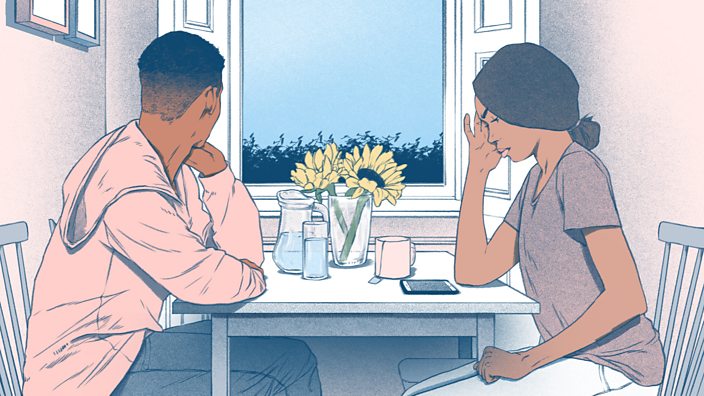 Sarah Maxwell
Sarah MaxwellHer response devastated me. She asked me to “change my lifestyle” - whatever that means. I thought, ‘being gay isn’t something I do, it’s who I am’. Why couldn’t she just accept me for who I am, even though it was something she wasn't used to?
I remember looking at her, with tears streaming down my face, as she told me I was “disgusting”. Though my mum and I were never that close, part of me hoped my coming out might bring down some of the walls between us. But the opposite happened - there were more barriers between us than ever before.
We continued to live in the same house for several uncomfortable months. Mum acted like I had never told her I was gay. We barely spoke, except to make polite chit-chat. I knew I had to leave.
Luckily, one of the guys I’d met online was also gay and knew what I was going through. He mentioned there was a spare room in the student house he was about to move into - and I jumped at the chance to take it. I ended up living with four students, three of whom were also gay. For the first time, I felt like people really understood me.
But feeling accepted as a black man in the wider gay community was a different matter for me. Black, gay men are underrepresented in the mainstream, and the impact of that is huge. One 2017 survey found that 71% of black men said they didn’t feel represented or visible in media and health campaigns aimed at LGBTQ+ people.
I’ve felt that, too. There are plenty of other gay, black men in my area - I know that because of how much a dating app I use lights up on any given night - but when I’m out with friends in a club it feels like we’re the only black, gay guys in there and we get a lot of unwelcome attention. It makes me feel really objectified. I can’t tell you how many times non-black men have told me how they’ve “always wanted to have sex with a black guy”. Not only is it racist, but it makes me feel like a piece of meat.
Today, the friends I met online have become like a family to me. I also campaign to raise awareness of sexual health among BAME gay men - who are more likely to be diagnosed with HIV in the UK than other groups.
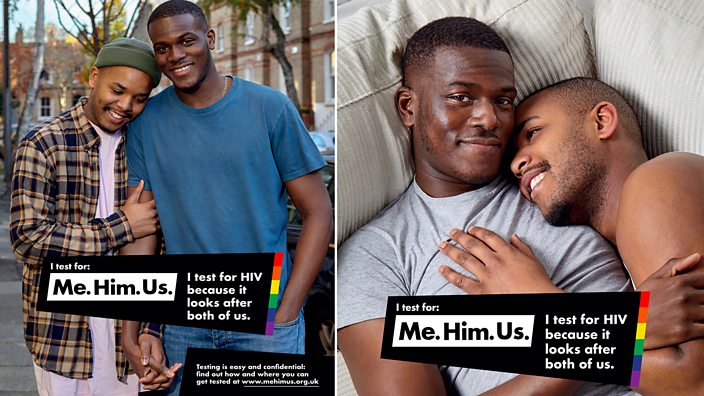 Phil Samba
Phil SambaFor the campaign, I made posters of me and another black man - a model - posing as a couple in love, urging men like us to get tested and treated. The response was overwhelmingly positive. Even now, I still get messages on social media from young, black men telling me it helped persuade them go and get tested for STIs.
But there’s still so much narrow-mindedness to break through. People have told me I “don’t look gay”. But what does “gay” look like? When I ask them, they rarely have an answer for me - but I know what they mean. I’m not a stereotypically “camp” white guy, so I can’t possibly be gay, right? That’s why I want to use my voice to challenge these misconceptions.
As for my mum, we still don’t speak. She accepts that she called me disgusting, and that she was shocked when I told her - but apparently she says that, with time, she's become OK with my sexuality. In any case, I’m comfortable with who I am now - and that’s the most important thing.
As told to Ellie Layhe for BBC Radio 5 live's #Sextakeover. Listen live on Tuesday 20 November
